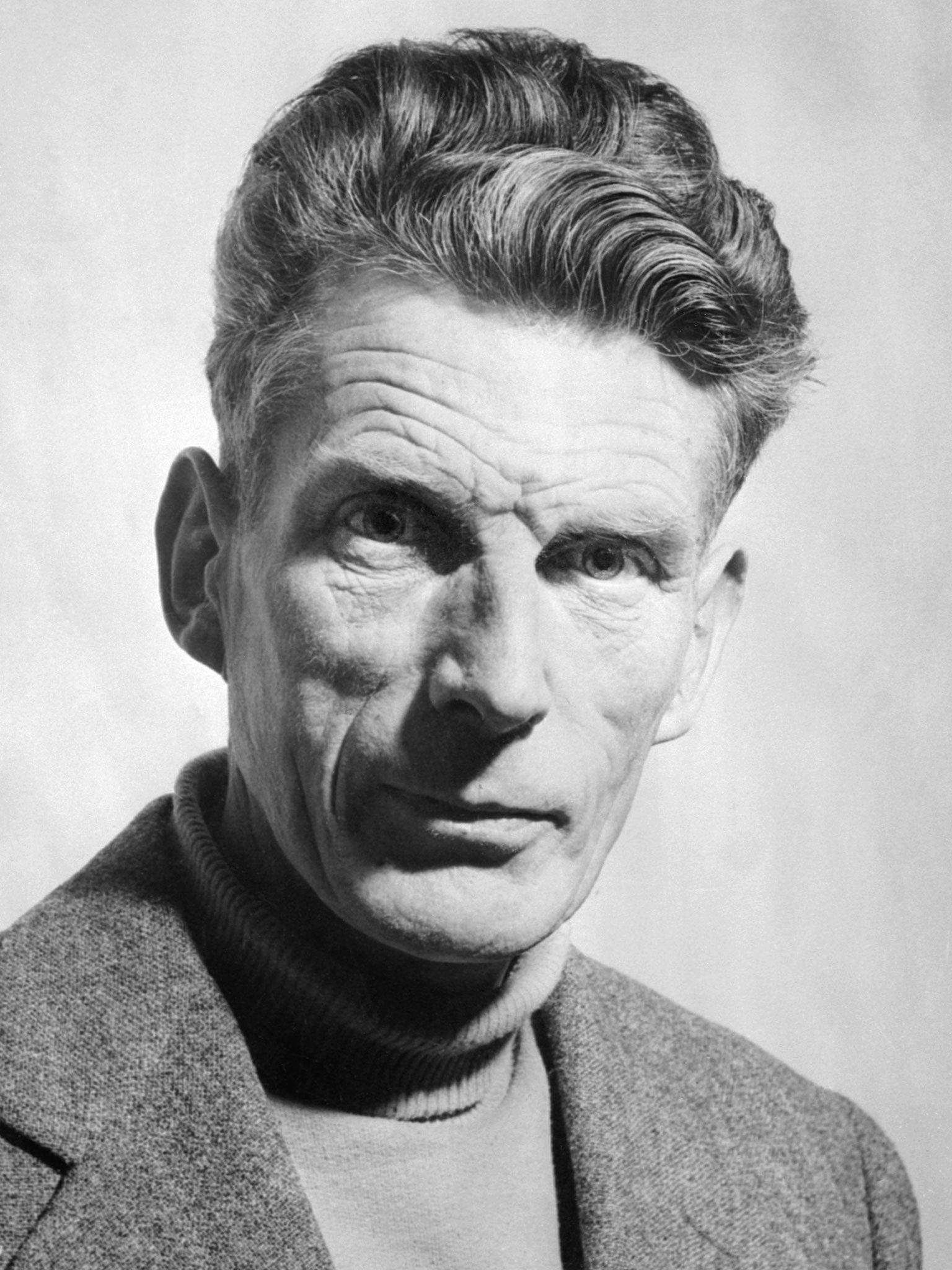No lack of vision at fourth Happy Days Enniskillen International Beckett Festival
Happy Days Enniskillen International Beckett Festival

Your support helps us to tell the story
From reproductive rights to climate change to Big Tech, The Independent is on the ground when the story is developing. Whether it's investigating the financials of Elon Musk's pro-Trump PAC or producing our latest documentary, 'The A Word', which shines a light on the American women fighting for reproductive rights, we know how important it is to parse out the facts from the messaging.
At such a critical moment in US history, we need reporters on the ground. Your donation allows us to keep sending journalists to speak to both sides of the story.
The Independent is trusted by Americans across the entire political spectrum. And unlike many other quality news outlets, we choose not to lock Americans out of our reporting and analysis with paywalls. We believe quality journalism should be available to everyone, paid for by those who can afford it.
Your support makes all the difference.That both Samuel Beckett and Oscar Wilde attended the same secondary school - Portora Royal School in Enniskillen in Northern Ireland - gives the establishment a cachet that not even Eton can derive from its umpteen prime ministers. Just how differently the two great dramatists turned out is a good subject for discussion, but during the opening weekend of the 4th Happy Days Enniskillen International Beckett Festival, there was at least one moment when one's thoughts turned to Wilde, and to his line about being able to resist everything except temptation.
The moment came during a production of Beckett's radio play All That Fall, which took place in an Enniskillen school hall. Staged versions of the 1956 work require clearance from Beckett's estate, so when its representatives asked director Max Stafford-Clark what his vision for the play was he was ready with a killer answer: "My vision is that there will be no vision."
Audience members were issued with blindfolds, and for the full hour that the actors moved around us, often coming within a few feet of where we were sitting, the urge to peep had to be suppressed. "Don't mask, don't tell" was not an option.
All That Fall is the tale of the faltering journey made by an elderly lady - the querulous Maddy Rooney - to meet her husband off a train. To the extent that it is rooted in even that much reality, the play is at the more conventional end of the Beckett spectrum, and the vocally rich performance given by Rosaleen Linehan in the lead role helped offset any disconcertment one felt from being rendered temporarily blind.
Other events in this most distinctive, original and dreamlike of festivals offered no less profound experiences, not least because of the variety of venues it uses. To be on Devenish Island in the evening light was to be taken into another realm entirely. This grassy acreage of land, settled by monks in the 12th century, patrolled by a solitary cow, and adorned by a 100-foot high tower dating from 1157, was a 15-minute boat ride from Enniskillen. It was here, in the darkened confines of a single-storey grey-stone outbuilding a few yards from the water's edge, that the staging was held of Beckett's Ohio Impromptu, a 20-minute two-hander of extraordinary intensity.
In a Rembrandt-like tableau, two men sat at a table - not quite reflections of each other - and a drama unfolded that consisted of no more than one man reading out loud and the other listening. Under director Adrian Dunbar, the performances given by Frankie McCafferty and Vincent Higgins were mesmerising.
The venue for Stirrings Still, a Beckett work of similar scale and feel, was a run-down building in the grounds of a castle close to the border with the Republic. It was billed in the programme as a secret location, which may or may not have had something to do with the fact that it required a 50-minute coach ride from Enniskellen to get there. But the trip was worth it just to witness the Game of Thrones actor Ian McIlhenney capturing Beckett's vision of humanity - lost, trapped, alienated - so powerfully yet minimalistically.
If, as Walter Pater said, all art aspires to the condition of music, then no artist exemplifies this more clearly than Beckett, and on the evidence of Enniskillen, his closest composer-confrere is Schubert. As well as in Stirrings Still, Schubert's music played a key role in two other productions I saw - the unsettling dance piece May B, the work of the Maguy Marin Dance Company which was based on Beckett writings - and Beckett's Women, in which the wonderful Wendy Ishii of the Colorado-based Bas Bleu theatre company, performed extracts from women's roles in Beckett plays.
Giving the festival's Billie Whitelaw Lecture, in honour of that supreme interpreter of Beckett, the Irish actress Lisa Dwan described how the great thing about performing the Beckett solo work Not I was "I get to play a consciousness", and I think you could argue that Beckett goes beyond gender, just like he goes beyond time and place. His occupation of this beyond is a thing of linguistic and philosophical wonder, and the source of such a constant stream of ideas and visions and sensations that even after four years, you feel that as a project this festival is only just beginning. All credit to artistic director Sean Doran for that.
* The 4th Happy Days Enniskillen International Beckett Festival continues until Sunday 2 August -www.happy-days-Enniskillen.com
Join our commenting forum
Join thought-provoking conversations, follow other Independent readers and see their replies
Comments